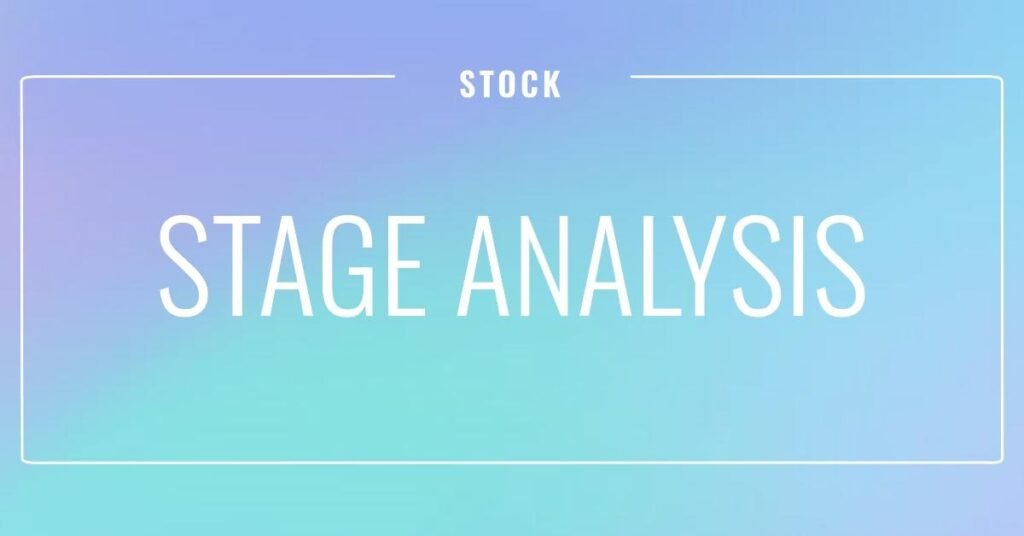Table of Contents
Trading Success
Trading in financial markets is a nuanced field, where Trading success hinges on a combination of strategy, discipline, and psychological resilience. Based on behavioral patterns and personality traits, traders can be categorized into various types, each with its own set of strengths and challenges. This article delves into Dr. Van Tharp’s fifteen distinct types of traders, exploring their potential for success and the specific obstacles they might encounter.

1. The Strategic Trader
The strategic trader is methodical, often crafting well-thought-out plans and strategies. They possess a high chance of success due to their careful planning and foresight. However, they face three major challenges:
- Emotional Mistakes:
- Even the most strategic traders can fall prey to emotional decision-making, potentially undermining their logical strategies.
- Perfectionism:
- Aiming for perfection can lead to analysis paralysis, where the fear of making mistakes prevents timely decisions.
- Desire to Be Right:
- This trader’s strong need to be correct can lead to rigidity, making it hard to adapt to changing market conditions.
Analogy: Think of a strategic trader as a seasoned chess player. They plan several moves ahead, but if they get too caught up in perfect execution, they might overlook a simple checkmate opportunity.
2. The Planning Trader
Planning traders also exhibit a high potential for success due to their meticulous preparation. However, their key challenges include:
- Desire for Excitement:
- The slow pace of careful planning can bore these traders, prompting them to take unnecessary risks to break the monotony.
- Need to Be Right:
- Like strategic traders, planning traders may struggle with the need to validate their decisions, which can hinder flexibility.
Analogy: Imagine a gardener who plants seeds and patiently waits for them to grow. If they become restless and dig up the soil too soon to check progress, they risk harming their plants.
3. The Detailed Trader
Detailed traders focus intensely on specifics, which gives them a good chance of trading success. However, this intense focus can sometimes be a double-edged sword:
- Missing the Big Picture:
- Being absorbed in details may cause them to lose sight of overarching trends or market shifts.
Analogy: A detailed trader is like a scientist examining microscopic details. While crucial, they must occasionally step back to see the entire specimen.
4. The Administrative Trader
Administrative traders are organized and methodical, often successful due to their structured approach. However, they face unique challenges:
- Self-Criticism:
- They might be overly critical of themselves, which can be paralyzing.
- Questioning Commitment:
- Under stress, they might doubt their satisfaction with trading success, leading to potential disengagement.
Analogy: Picture an administrative trader as a meticulous office manager who keeps everything in order but occasionally questions the purpose of their meticulous work.
5. The Facilitative Trader
Facilitative traders have a knack for finding innovative solutions and improving systems, boasting an above-average success rate. Their challenges include:
- Over-Reliance on External Confirmation:
- They may constantly seek validation from others, which can delay decision-making.
- Overabundance of Ideas:
- Constantly generating new ideas can prevent them from committing to and refining a single approach.
Analogy: A facilitative trader is like an inventor who continually tweaks their invention, sometimes at the expense of finalizing a market-ready product.
6. The Innovative Trader
Innovative traders thrive on creativity and new approaches, giving them an above-average chance of success. Their primary challenges are:
- Need for Mentorship:
- They often seek guidance and approval, which can become a crutch.
- Emotional Reactivity:
- If a system doesn’t immediately succeed, they might abandon it prematurely due to emotional responses.
Analogy: Think of an innovative trader as an artist. They need a mentor’s critique but must also learn to trust their own vision to produce truly unique works.
7. The Values-Driven Trader
Values-driven traders are motivated by personal principles and integrity, offering an above-average chance of success. Their challenges include:
- Need for Individuality:
- They insist on doing things their own way, which can be both a strength and a weakness.
- Discipline Issues:
- Consistency and follow-through might be lacking, affecting performance.
- Boredom:
- They may seek excitement, potentially leading to risky behaviors.
Analogy: A values-driven trader is akin to an independent filmmaker who insists on creative control, sometimes at the cost of commercial success.
8. The Independent Trader
Independent traders rely heavily on logic and analysis, presenting a good chance of success. However, their main challenges are:
- Rejection of Unfamiliar Systems:
- If they don’t understand a system logically, they may discard it, even if it’s effective.
- Social Isolation:
- Their dedication to trading might lead to a lack of social interaction.
Analogy: An independent trader is like a solitary researcher, making groundbreaking discoveries but often working alone and rejecting any idea not supported by their own logic.
9. The Socially Responsible Trader
Socially responsible traders integrate ethical considerations into their trading success, often focusing on sustainable investments. However, they face tougher odds:
- Emotional Bias:
- Ethical considerations can sometimes cloud financial judgment.
- Limited Opportunities:
- They may restrict themselves to a narrower range of investments, limiting potential profits.
Analogy: This trader is like an organic farmer, committed to sustainable practices but sometimes facing higher costs and lower yields compared to conventional methods.
10. The Spontaneous Trader
Spontaneous traders thrive on instinct and quick decisions. While this can lead to occasional success, it often poses significant challenges:
- Impulsiveness:
- Quick decisions can lead to inconsistent results and higher risks.
- Lack of Structure:
- Without a clear strategy, they might experience erratic performance.
Analogy: A spontaneous trader resembles a gambler, making bets based on gut feelings rather than calculated risks.
11. The Supporting Trader
Supporting traders prefer collaboration and often rely on advice from others. They face considerable challenges, including:
- Dependence on Others:
- Over-reliance on external input can delay decision-making.
- Lack of Confidence:
- They might struggle with self-assurance, affecting their ability to act decisively.
Analogy: Think of a supporting trader as a member of a team who excels in group projects but finds solo tasks daunting.
12. The Accurate Trader
Accurate traders focus on precision and correctness. Despite their attention to detail, they face significant hurdles:
- Over-Precision:
- Striving for accuracy can lead to missed opportunities due to slow decision-making.
- Fear of Mistakes:
- The dread of errors might paralyze them during critical moments.
Analogy: An accurate trader is like a meticulous craftsman who spends so much time perfecting details that they sometimes miss delivery deadlines.
13. The Artistic Trader
Artistic traders approach trading with creativity and intuition. While their unique perspective can be beneficial, it also poses challenges:
- Inconsistency:
- Creative methods might lack the consistency needed for sustained success.
- Emotional Volatility:
- Their decisions can be influenced by mood, leading to unpredictable outcomes.
Analogy: An artistic trader is akin to a painter whose work varies greatly depending on their emotional state.
14. The Fun-Loving Trader
Fun-loving traders view trading as an enjoyable activity rather than a serious profession. They face tough odds due to:
- Lack of Discipline:
- Treating trading as a game can lead to a lack of serious commitment.
- Risk-Taking Behavior:
- The pursuit of enjoyment might drive them to take unnecessary risks.
Analogy: A fun-loving trader is like a hobbyist who indulges in their pastime for pleasure, often disregarding the need for systematic practice.
15. The Adventurous Trader
Adventurous traders seek excitement and are drawn to high-risk, high-reward scenarios. While they might occasionally hit big, their overall success is often hampered by:
- High Risk Tolerance:
- Willingness to take significant risks can lead to substantial losses.
- Impatience:
- They may lack the patience needed for long-term strategies.
Analogy: An adventurous trader resembles an extreme sports athlete, always chasing the thrill but frequently facing dangers and setbacks.
Overcoming Challenges

Photo by Nikita Ignatev on Unsplash
For each type of trader, recognizing and addressing these challenges is crucial for success. Here are some strategies:
- Emotional Awareness:
- Traders must develop emotional intelligence to recognize and manage their feelings, preventing them from influencing decisions.
- Discipline and Routine:
- Establishing a strict routine and adhering to disciplined trading practices can help mitigate impulsive behaviors.
- Continuous Learning:
- Traders should commit to ongoing education to refine their strategies and adapt to market changes.
- Mentorship and Support:
- Seeking guidance from experienced mentors and participating in trading communities can provide valuable insights and validation.
- Diversification:
- Balancing their portfolio with a mix of high and low-risk investments can help manage overall risk.
Conclusion
Understanding the various types of traders and their specific challenges offers valuable insights into the complex world of trading. Whether you’re a strategic planner, an innovative thinker, or an adventurous risk-taker, recognizing your strengths and addressing your weaknesses is key to navigating the financial markets successfully. By embracing a balanced approach and committing to continuous improvement, any trader can enhance their chances of achieving long-term success.





